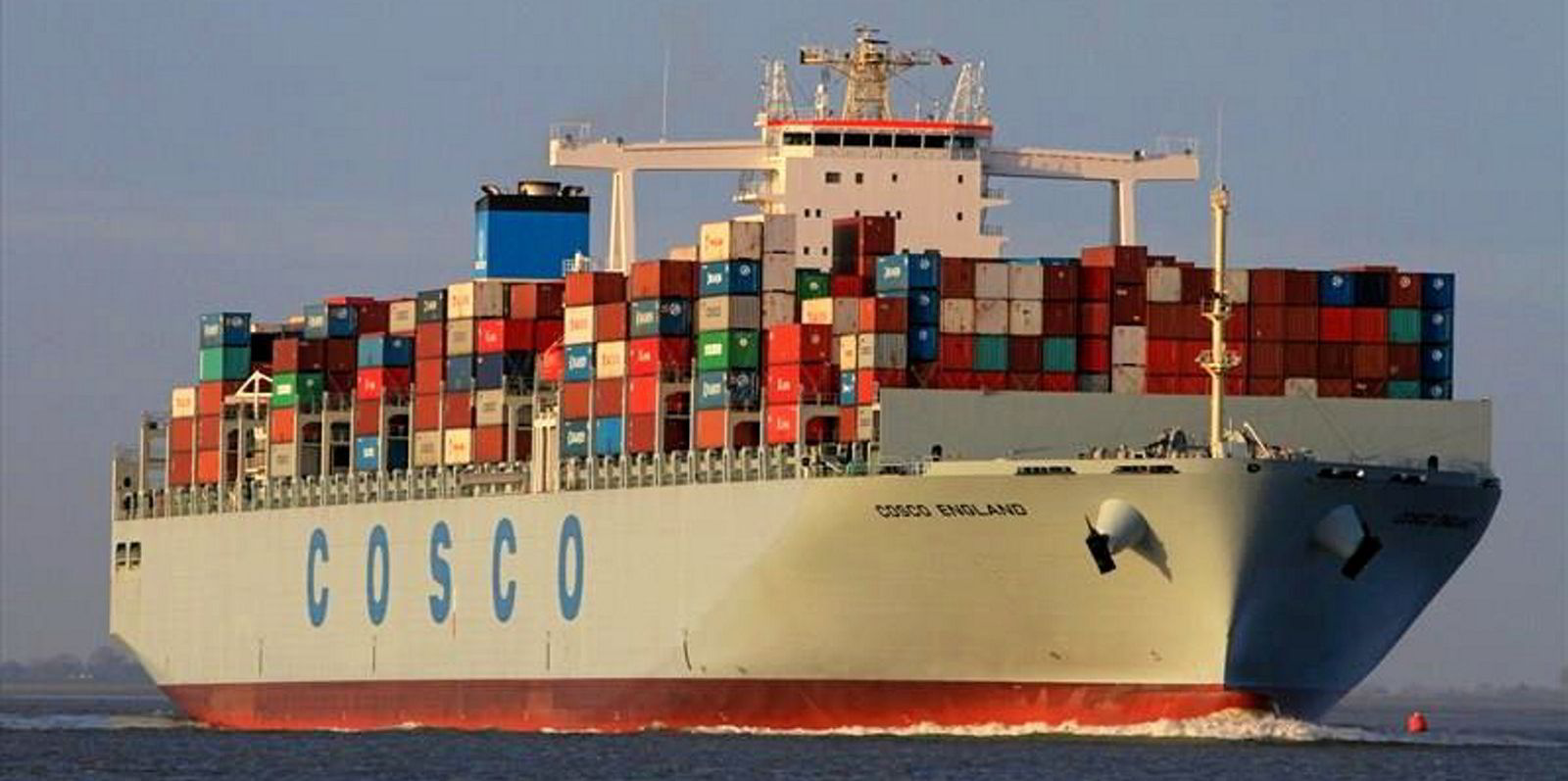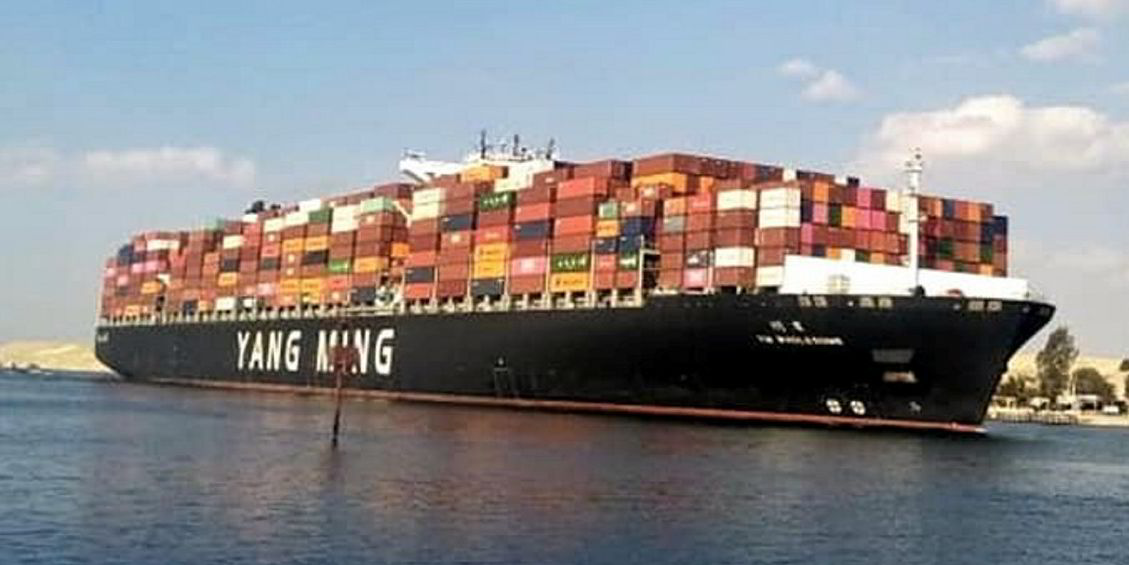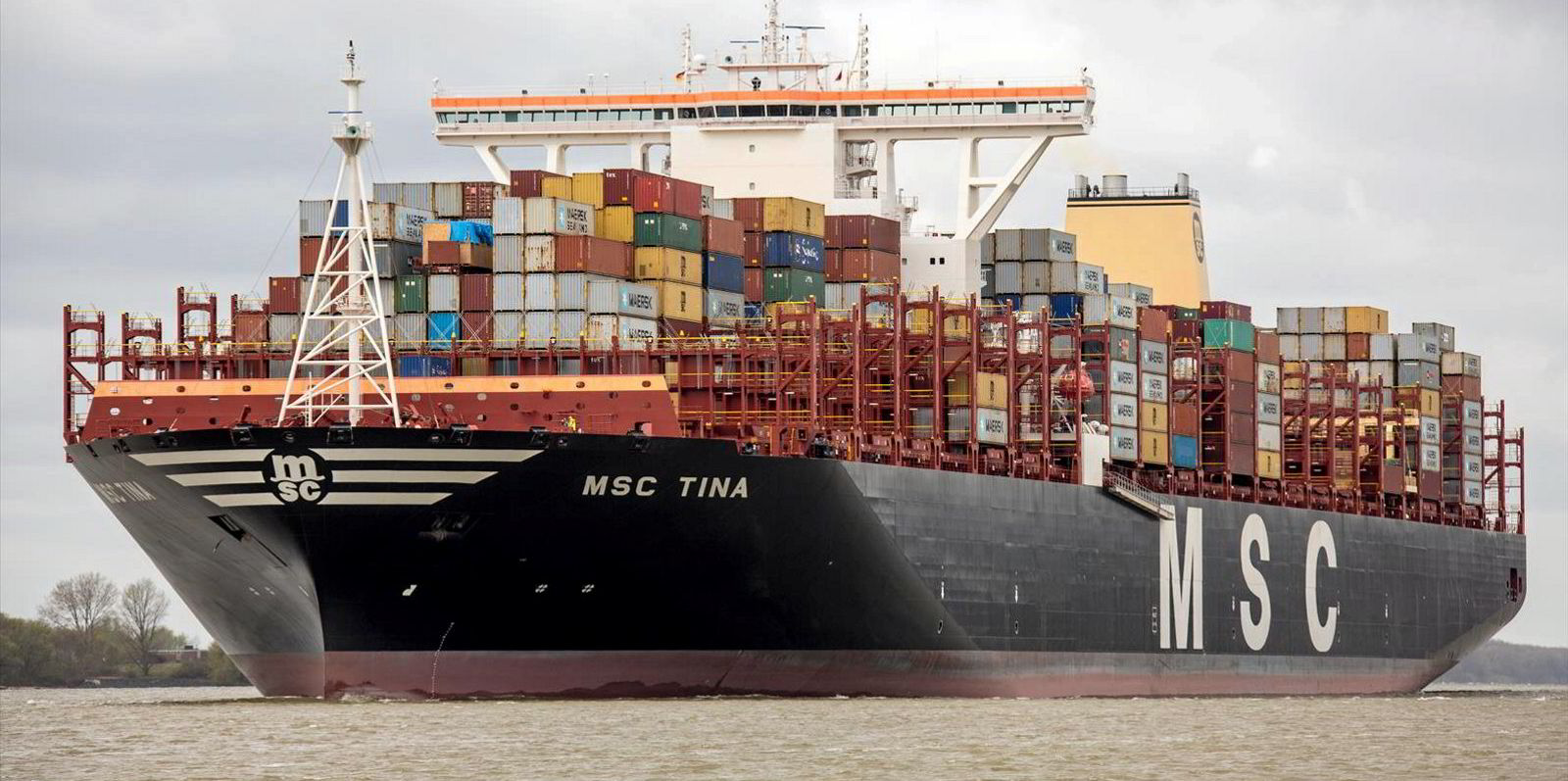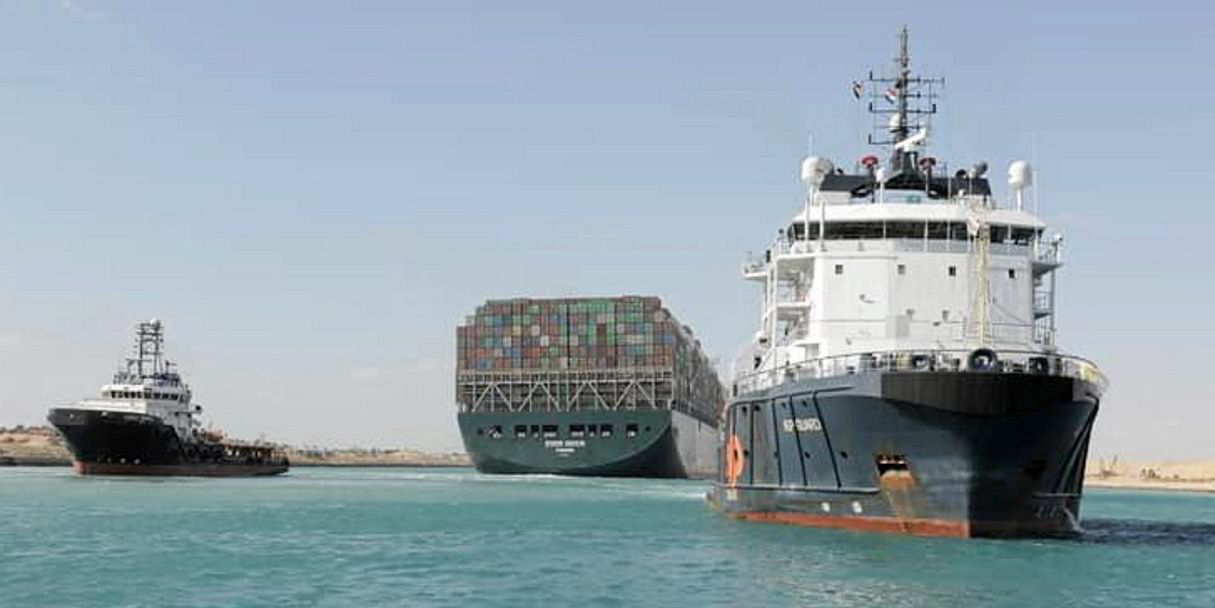Cosco Shipping Holdings, part of state-owned behemoth China Cosco Shipping, has forecast a boost to its net results from more container shipments and higher freight rates during the first quarter.
The Shanghai and Hong Kong-listed company said it expected to record net profits totalling CNY 15.5bn ($2.37bn) between January and March, compared with CNY 292m in the first quarter of 2020.
Its shares surged by 29.1% to close at HKD 13.7 ($1.76) in Hong Kong on Wednesday. Its share price was up 10% to CNY 16.2 in Shanghai.
Cosco Shipping, which operates container ports and is the parent of giant boxship operator Cosco Shipping Lines, said container shipments and rates were both increasing in the first quarter.
“By adhering to the customer-oriented philosophy and through the measures such as increasing shipping capacity, securing container supplies and enhancing service quality, the company fully committed to ensuring the global transport services,” it said in an exchange filing.
Cosco Shipping is due to release the full quarterly results on 30 April.
In a research note, analysts at Fearnley Securities said the company’s net profits could exceed $4.2bn in the first half of 2021.
Cosco Shipping’s forecast shows container lines are too conservative in their profit forecasts for 2021, they added.
The positive news came after the company had a bumper year in 2020, when net profits rose 46.8% to CNY 9.93bn.
Yearly revenue increased by 13.4% to CNY 171bn.
Alphaliner figures revealed total operating income of the world’s nine largest container lines reached $15.1bn last year, up from $4.8bn in 2019.
Total revenues for the nine carriers came in at $128bn for the year, 6.5% higher than the $120bn recorded in 2019.
The improved profitability mainly resulted from higher box rates and lower fuel costs, according to Alphaliner researchers.
“The positive effect of Covid-19 was felt quickly during the year, with second quarter margins already marking a turnaround, and no carrier has posted negative operating margins since the first quarter,” they said.
Alphaliner suggested the final results for 2020 were “a far cry” from some doomsday predictions made mid-year that the industry could post a collective yearly loss of $10bn.






